Author: Abbey Smith
-
Voters recall two Maine school board members
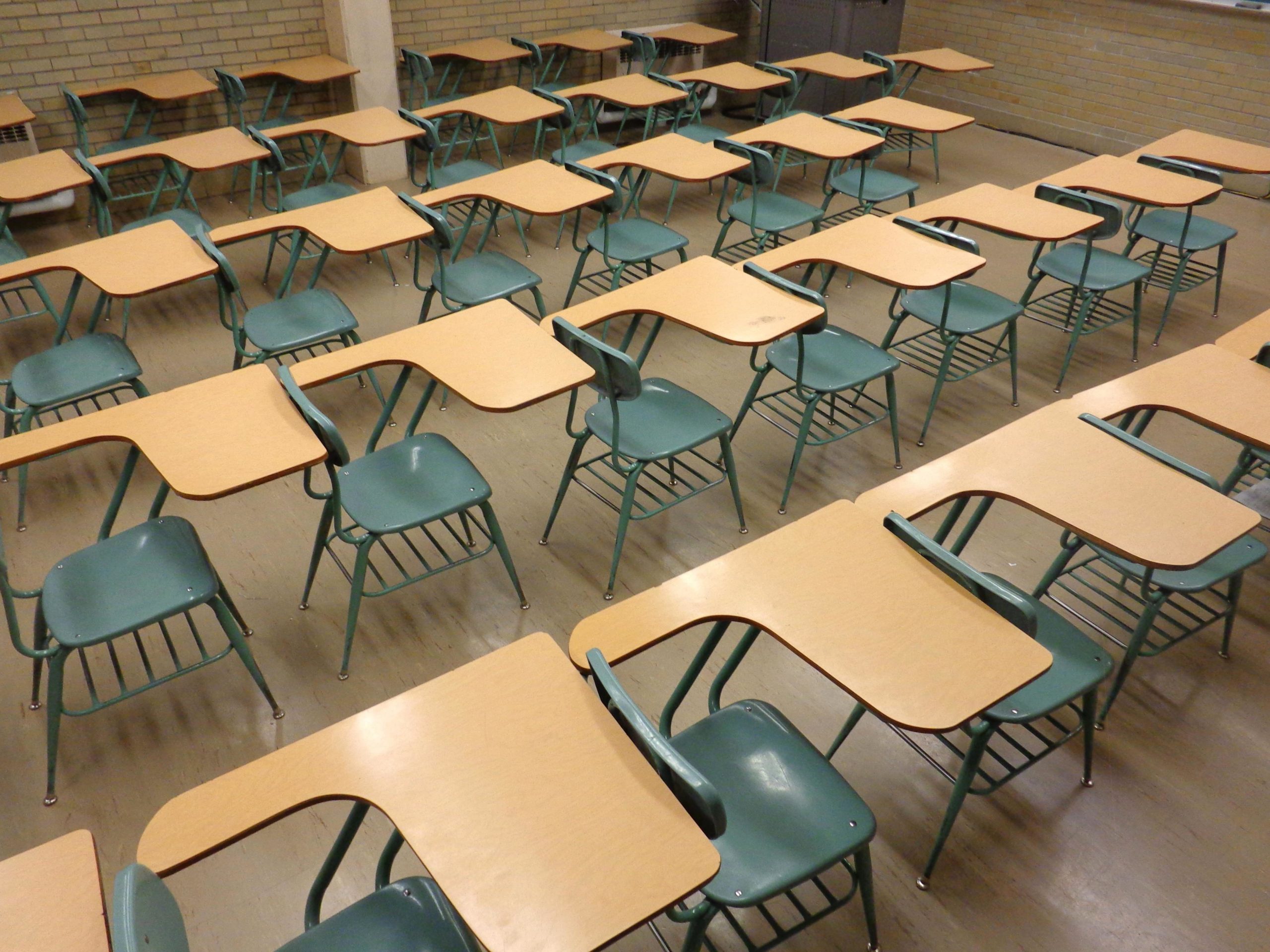
Voters approved recall elections against two members of the Maine School Administrative District 46 school board on June 10, 2025. In the recall election against Alisha Ames, 75% of voters cast ballots in favor of the recall, according to unofficial election night results. In the recall election against Judy Saunders, 67% of voters approved the…
-
Maine school board members face recall election June 10
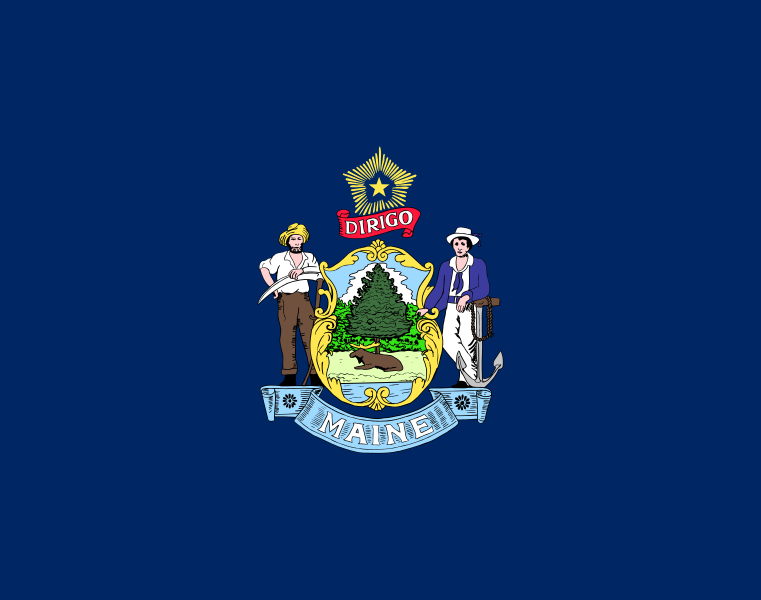
Recall elections against Alisha Ames and Judy Saunders, members of the Maine School Administrative District 46 school board, are being held on June 10, 2025. On the ballot, voters will be asked if they are in favor of recalling each board member, and they will have the option to vote yes or no. A group…
-
Wisconsin school board president faces April 22 recall election

A recall election against Angela Hansen-Winker, president of the Wrightstown Community School District Board of Education in Wisconsin, is being held on April 22, 2025. Nicole Verbeten is running against Hansen-Winker in the election. Whoever receives the most votes will finish Hansen-Winker’s term, which is due to expire in 2026. The group Residents 4 Wrightstown…
-
State legislators face second-most recall efforts in Q1 2025
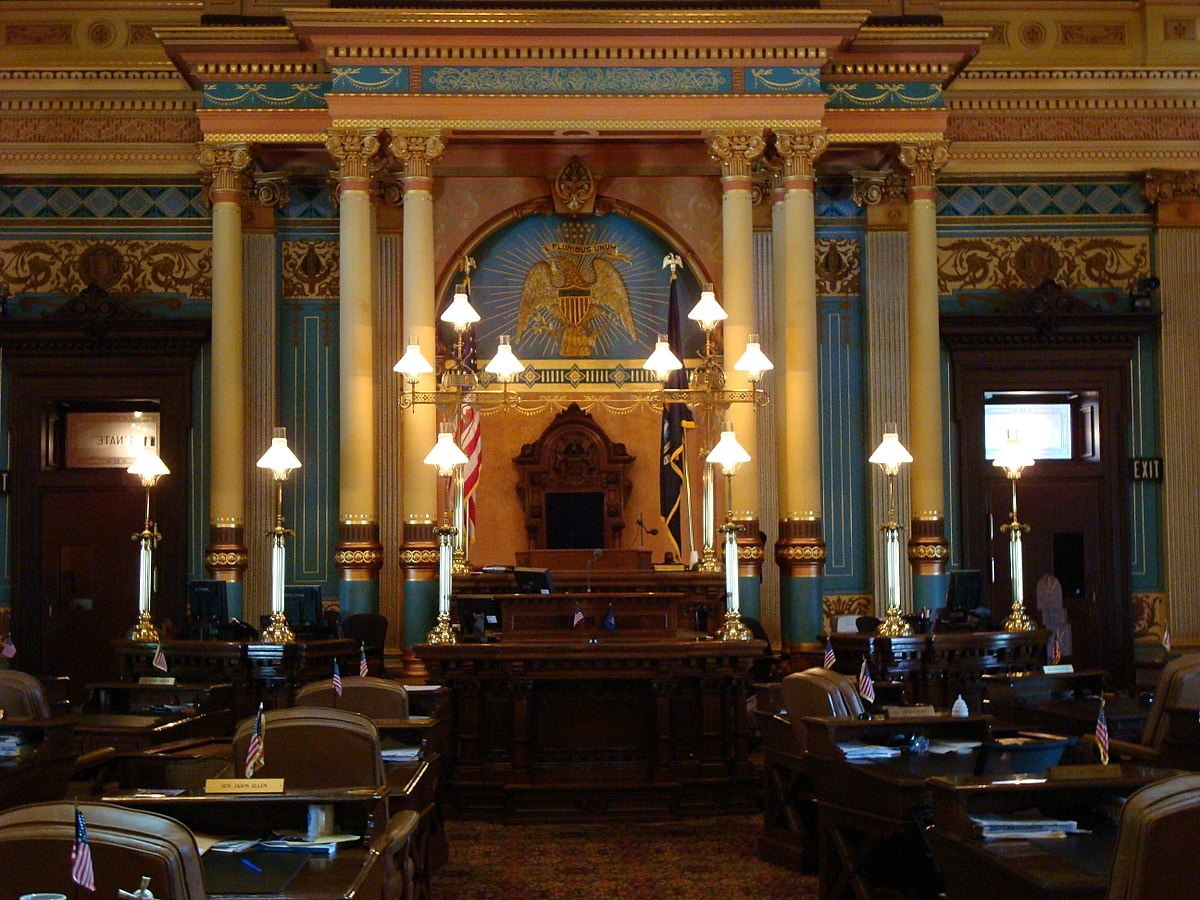
State legislators were included in the second-highest number of recall efforts this year out of all office types as of April 11, 2025. Ballotpedia had tracked recall efforts against 30 state legislators, which was second only to city council members, who saw 75 officeholders included in recall efforts. All 30 state legislators included in recall…
-
Two school board recall efforts start collecting signatures in first week of February

Petitioners attempting to recall school board members in Arizona and Idaho were approved to collect signatures in the first week of February 2025. In Arizona, two members of the Liberty Elementary School District Governing Board—Kristopher Kenyon and Bryan Parks—were named in recall petitions. Supporters of the recall said over a dozen teachers had resigned since…
-
98% of voters approve Maine school board recall
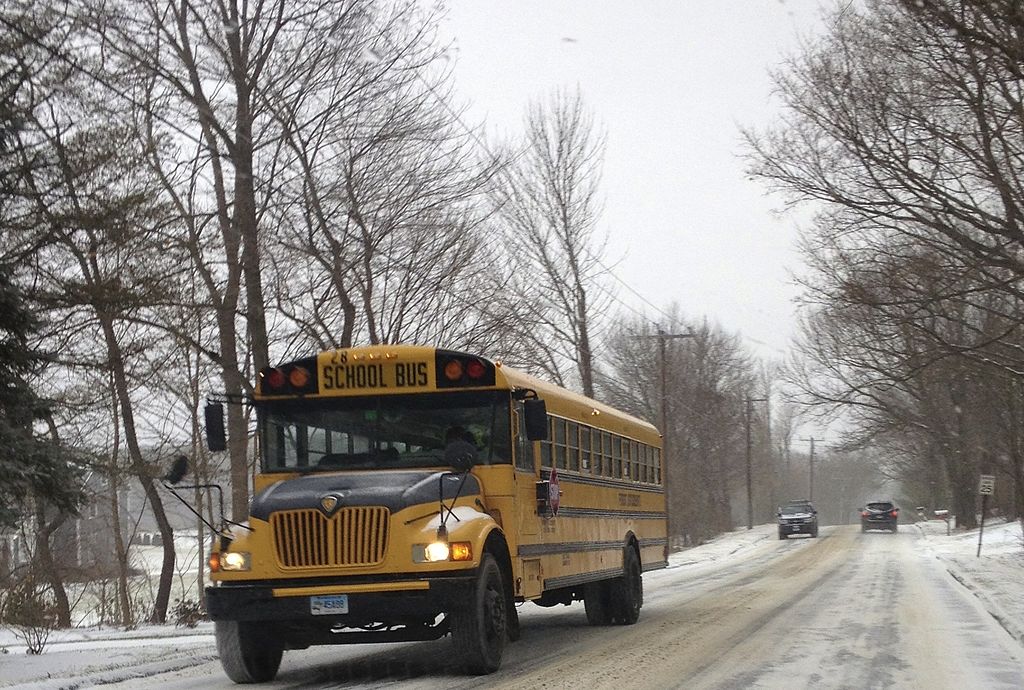
Voters approved a recall election against Kirstin Shapiro, member of the Regional School Unit 21 Board of School Directors in Maine, on December 17, 2024. A total of 171 voters cast ballots in favor of the recall, and three voters cast ballots against it, according to unofficial election night results. Shapiro resigned from her position…
-
All school board recalls on November 5 ballot approved by voters
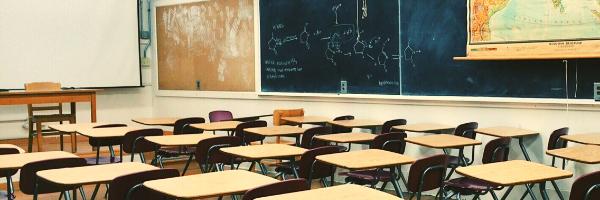
All five school board recall elections held on November 5, 2024, were approved by voters. The recalls were held in California, Idaho, and Michigan school districts. The recalls in California were held in the Reef-Sunset Unified School District. The names of three school board members were on the ballot: Area 1 representative Claudia Cazares, Area…
-
Idaho school board recall election on November 5 ballot

A recall election against Kathy Egan, Zone 1 representative on the Marsh Valley Joint School District board of trustees in Idaho, is being held on November 5, 2024. The official reasons for recall listed on the ballot are “poor performance of the school district, declining enrollment, poor financial oversight.” Voters will be able to vote…
-
Maine school board recall scheduled for December 17

A recall election against Kirstin Shapiro, member of the Regional School Unit 21 Board of School Directors in Maine, has been scheduled for December 17, 2024. The recall effort started in October 2024 during stalled contract negotiations between the school board and the Kennebunk Arundel Kennebunkport Educators’ Association. Teachers started the 2024-2025 school year without…
-
School board members in California and Michigan face November recall elections

Recall elections are being held in the Reef-Sunset Unified School District in California and the Onaway Area Community School District in Michigan on November 5, 2024. The names of three board members are on the ballot in Reef-Sunset Unified, and one is on the ballot in Onaway. Two of the three Reef-Sunset Unified board members…

